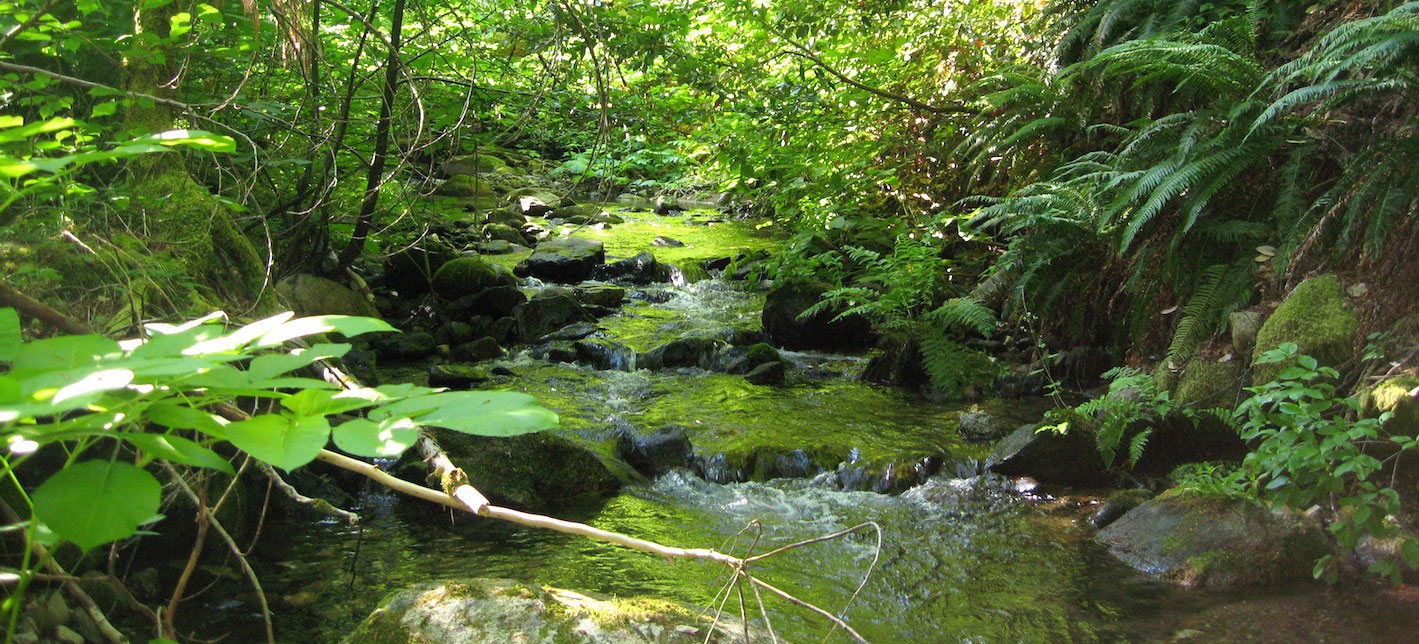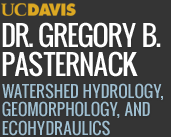SAS 004Y : Water in Popular Culture
The entire website for this course constitutes the official syllabus for the course that faculty are supposed to provide students with within the first week of class.
SAS004Y is a hybrid in-person/online course by design:
This course has been thoughtfully designed for online, active learning through years of progression in this direction.
- Weekly lectures: available to and used by student as asynchronous video podcasts available both here on this website through the syllabus link and (with transcripts) at the UC Davis Aggie Video website.
- Film screenings: in-person in the designated classroom, with alternative viewing optins if you miss a screening.
- Discussion sections: These are held in-person.
- All assignments are turned in through Canvas
- Final Exam: All undergrad classes at UCD are required to have a final exam. There will be a brief, cummulative final exam to meet the requirement.
- Professor and TA office hours will be available in-person, supplemented by online forms of communication upon request.
Support Resources
The UCD College of Agricultural and Environmental Sciences has produces a resources web site for students at this link.
Instructor:
Professor Greg Pasternack, Department of Land, Air, and Water Resources
Course Description:
Formal: Importance of water in many aspects of society as revealed through a survey of its depictions in film.
Informal: This class is about a student's individual quest to find meaning in life through illumination about our own nature, how societies create meaningful events that influence people, and the role of nature, best exemplified by water, in forming the milieu within which people strive, struggle, achieve, or fail.
Student Learning Objectives:
- Explain the importance of water in modern American society, considering such focal issues as water scarcity, flood risk, and water quality.
- Explain the importance of water in world civilization, considering such issues as global climate change, environmental stewardship, international water conflicts, and water development in economically poor nations.
- Recognize manifestations of individual psychology and lifestyle culture in the way people (and societies) interact with each other when coping with diverse societal issues related to natural resources.
- Through role-playing and discussion, weigh and critique stakeholder perspectives on complex cases involving water in popular culture.
Canvas Resources:
This courses uses the UC Davis Canvas tool to provide you with many features, including announcements, email communication, and all of the proprietary course materials. On Canvas, go to the Files folder to find readings, lecture slides and other course content. Please try to keep space available in your email inbox to make sure you do not miss any important course announcements. Check the Canvas page weekly as well.
Textbook:
There is no textbook for this course, but there are a variety of readings drawn from different sources. A complete list of the readings with guidance on how to obtain each reading and when to read them can be found on the SAS004 readings web page.
SAS004 Introductory Videos
Below are two videos that help motivate and introduce the course. By design, they are a bit mysterious. Throughout the quarter you might want to come back to these videos and see if they make more sense as we move along the trajectory of the course content.
"Illumination about our own nature"
Watch the 8.5-minute video below to see a mash up of clips from various tv shows and movies that help motivate what the course is about. The video will not tell you directly what the course is about, but is the first step to gaining insights about Water in Popular Culture. While you watch the video and afterwards, think about what you think it all means.
Note that the video clips used in this short video are all short enough to meet the fair use criteria for educational use of internet and video content. The clip from Heroes and the one clip from Grizzly Man with the Discovery Channel logo came from YouTube, while the remaining clips came from Netflix.
If the streaming video player below does not work for you, then you can download the video to your computer and watch it thereafter by clicking on one of the links below. If you can watch it streaming, then you do not have to download a video file at all.
- 640 x 480 (480p) format that balances speed and quality. (158 MB file)
- 1920 x 1280 (HD) format that provides larges size and best quality. (1.23 GB file)
What Is This Course About?
Watch the 13-minute video below to see Professor Pasternack's presentation about what SAS004 is about in relation to the video montage on the SAS004 homepage.
If the streaming video player below does not work for you, then you can download the video to your computer and watch it thereafter by clicking on one of the links below. If you can watch it streaming, then you do not have to download a video file at all.
- 640 x 480 (480p) format that balances speed and quality. (255 MB file)
Copyright Greg Pasternack 2005.
All federal and state copyrights reserved for all original material presented in this course through any medium, including lecture or print. Individuals are prohibited from being paid for taking, selling, or otherwise transferring for value, personal class notes made during this course to any entity without the express written permission of Greg Pasternack. In addition to legal sanctions, students found in violation of these prohibitions may be subject to University disciplinary action.


